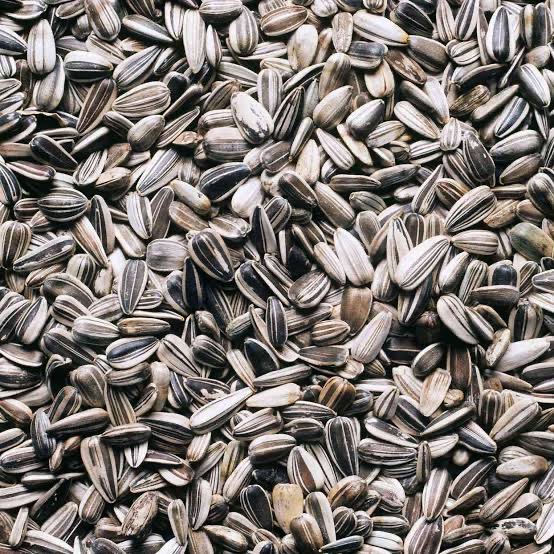Pregnancy is a crucial time that requires special attention to lifestyle choices to ensure the well-being of both the mother and baby. Making the right modifications can help promote a smooth pregnancy, reduce complications, and improve overall health.
1. Nutrition and Diet

Eating a balanced diet is essential during pregnancy to provide necessary nutrients for fetal development.
– Increase Folic Acid Intake: Found in leafy greens, citrus fruits, and fortified cereals, folic acid helps prevent birth defects.
– Eat More Protein and Iron: Lean meats, beans, and nuts help with baby’s growth and prevent anemia.
– Stay Hydrated: Drink at least 8-10 glasses of water daily to support circulation and prevent dehydration.
– Limit Caffeine and Avoid Alcohol: Too much caffeine may affect fetal development, and alcohol can cause birth defects.
2. Regular Physical Activity

Exercise helps maintain a healthy weight and reduces pregnancy discomforts.
– Safe Activities: Walking, prenatal yoga, and swimming improve circulation and reduce stress.
– Avoid High-Impact Exercises: Activities that risk falls or injury should be avoided.
– Stretch and Maintain Good Posture: This helps prevent back pain and improves flexibility.
3. Mental and Emotional Well-Being

Managing stress and emotions is crucial during pregnancy.
– Practice Relaxation Techniques: Meditation, deep breathing, and prenatal massages can help.
– Get Enough Sleep: Aim for 7-9 hours of quality sleep to support overall health.
– Seek Support: Talk to loved ones or join prenatal support groups to manage emotional changes.
4. Avoid Harmful Substances
– Quit Smoking: Smoking increases the risk of premature birth and low birth weight.
– Avoid Certain Medications: Consult a doctor before taking any medication, even over-the-counter drugs.
– Limit Exposure to Chemicals: Stay away from strong cleaning agents and pesticides.
5. Regular Prenatal Checkups

– Attend All Doctor’s Appointments: Regular checkups help monitor the baby’s development.
– Take Prenatal Vitamins: Supplements like folic acid, calcium, and iron support a healthy pregnancy.
– Monitor Blood Pressure and Blood Sugar: Helps detect conditions like gestational diabetes early.
Conclusion
Making healthy lifestyle changes during pregnancy can improve maternal and baby health. Eating well, staying active, managing stress, and avoiding harmful substances contribute to a smooth and healthy pregnancy journey

